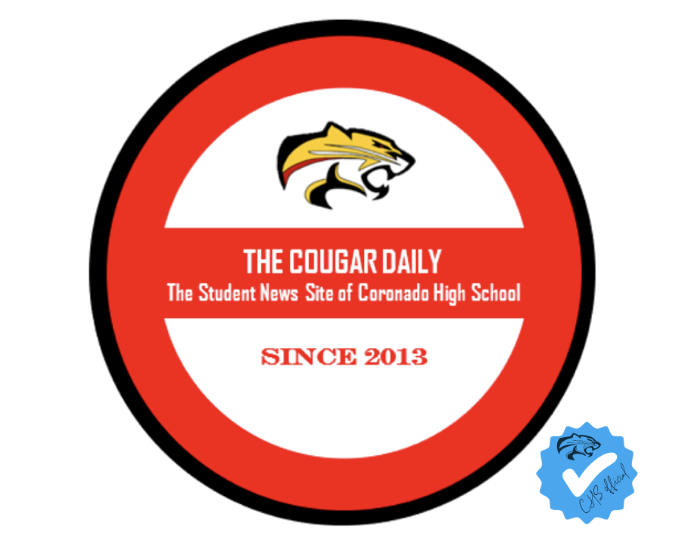
The streaming industry is booming: in 2023, Netflix earned 33.5 billion dollars, Hulu gained 11.2 billion, Spotify grossed 3.9 billion, HBO Max gained 103 million, and Disney+ netted 8.2 billion dollars. Tens of millions of people in the United States and hundreds of millions worldwide pay subscription after subscription to keep up with the newest movie, TV, or songs; each service costing anywhere from six dollars for a base package up to 23 dollars for “premium” ad-free packages.
Paying for subscription after subscription isn’t economically viable for many people. The largest nine services (Spotify, Netflix, Hulu, Prime, HBO, Disney+, Peacock, Apple TV, and Paramount) each have their exclusive shows and movies, and for someone to watch what they want, they must keep shelling out their money.
Online piracy is defined as the practice of downloading and distributing copyrighted works digitally without permission. It emerged in the late eighties with the emergence of MP3 files on websites like Napster making files available to everyone. Mr. Shottler, the AP Microeconomics teacher here at Coronado, believes that pirating sites became popular because “free access to media is just too incentivizing to people.”
However, piracy isn’t without its legal challenges. Bodies like the Federal Bureau of Investigation and the Federal Trade Commission have been cracking down on the practice for decades, issuing warnings, fines, and even arrests for people who boldly violate the intellectual property rights of copyright holders.
But while sharing the files and selling them for financial gain is very much illegal, downloading the files for personal consumption is not. According to Justia, a website praised by the American Bar Association for its ”comprehensive and free access to cases, codes, and legal information,” and used by the Library of Congress for legal research, “Federal law bars any copyright infringement that was perpetrated for commercial advantage or private financial gain. It also prohibits the reproduction or distribution (tangible or electronic) of one or more copyrighted works with a total retail value over $1,000 during a 180-day period;” piracy is illegal if the works are distributed, but only downloading the file is both legally okay and can only be stopped by an internet service provider, who can be countered by implementing a VPN.
Despite the legal risks, many people still resort to online piracy as a form of protest against the streaming industry. They argue that piracy is a victimless crime, as the people who pirate content are not the ones who would have paid for it anyway. Piracy is also a way of challenging the monopoly and price gouging of the streaming services, which often charge exorbitant fees for limited and exclusive content. Piracy, in the view of millions of people, is a necessary evil to balance the power between the consumers and the corporations.
Another argument is that since most digital services only lease their products instead of selling them, then “buying” an online product isn’t worth it. As one (anonymous) pirate proclaimed, “If buying isn’t owning, then piracy isn’t stealing.”
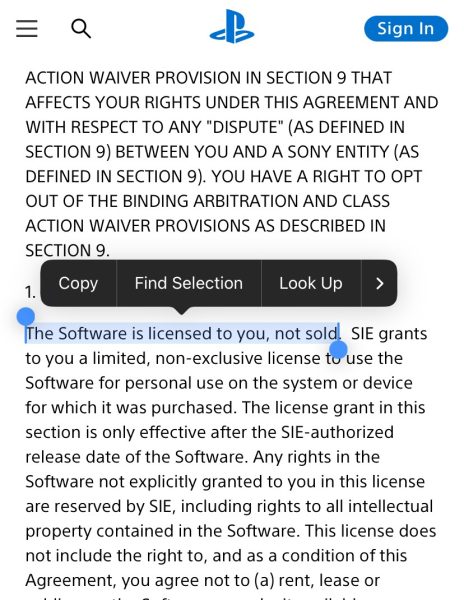
Internet piracy is a resource utilized by more than 28 million people daily. People are frustrated with the frequent price gouging, mediocre ownership policies, and the requirement for several different services to watch all of the top shows, movies, and games. Internet piracy is a mostly legal way for people to consume said products without paying for several subscriptions, just as long as one isn’t profiting or sharing pirated files for gain.



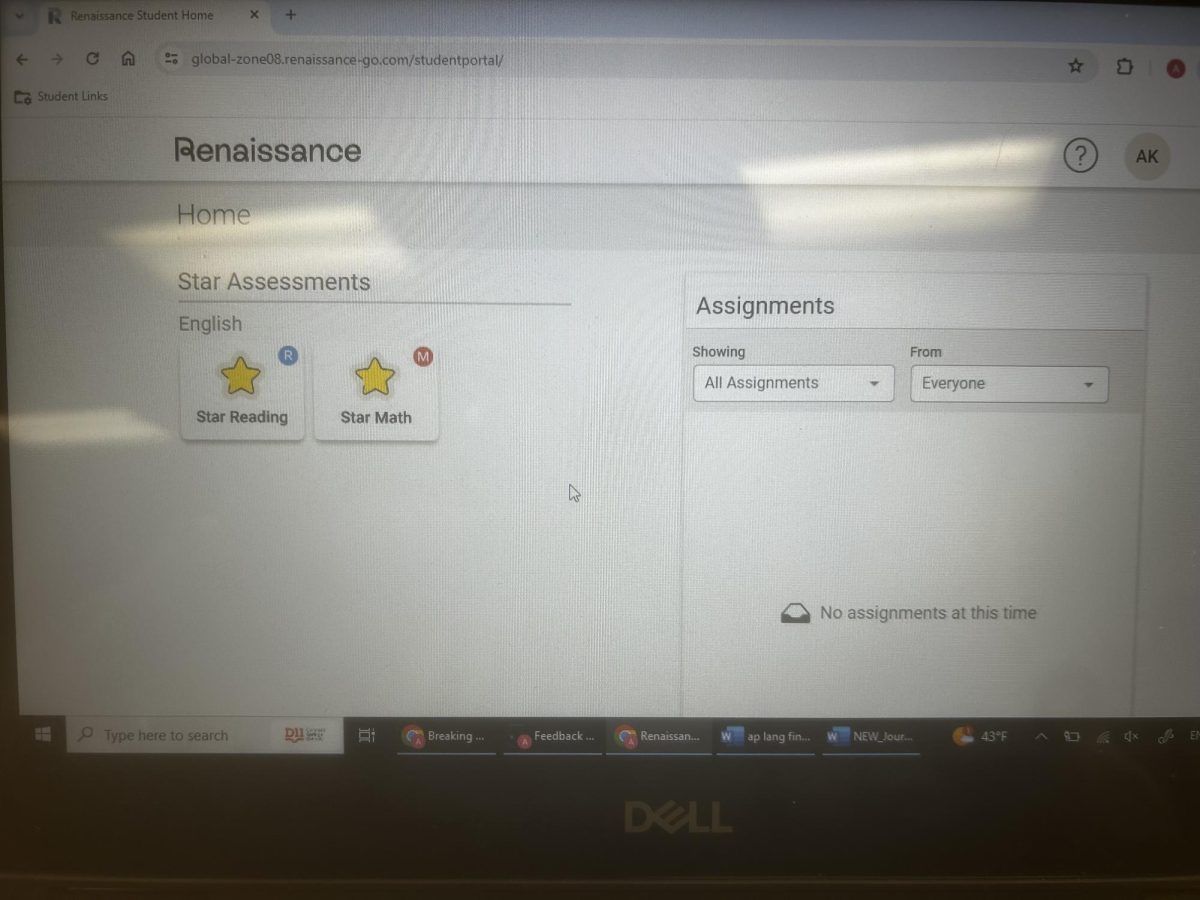

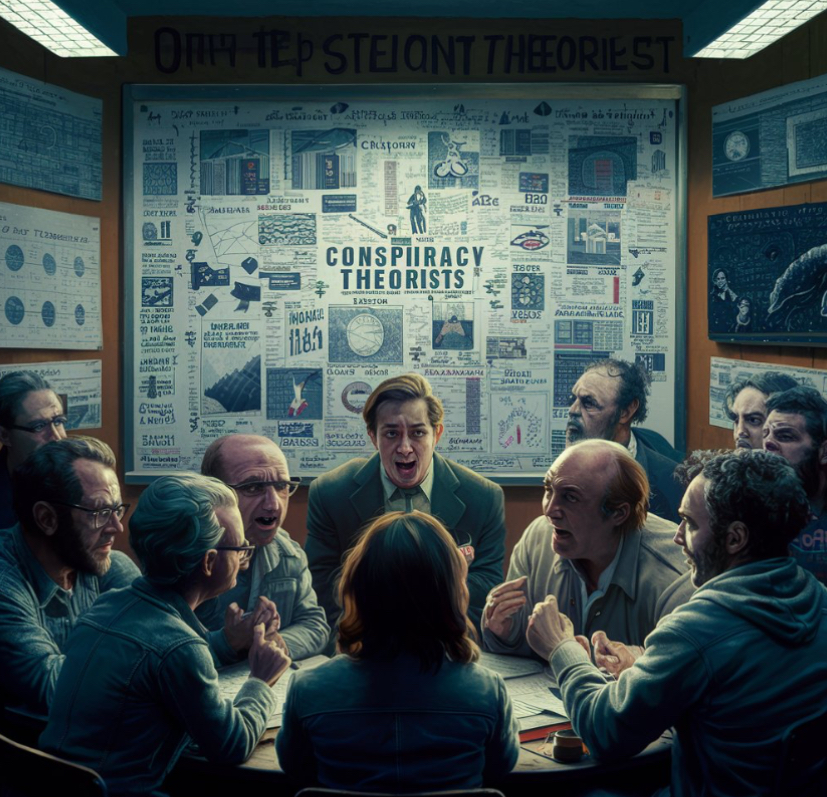
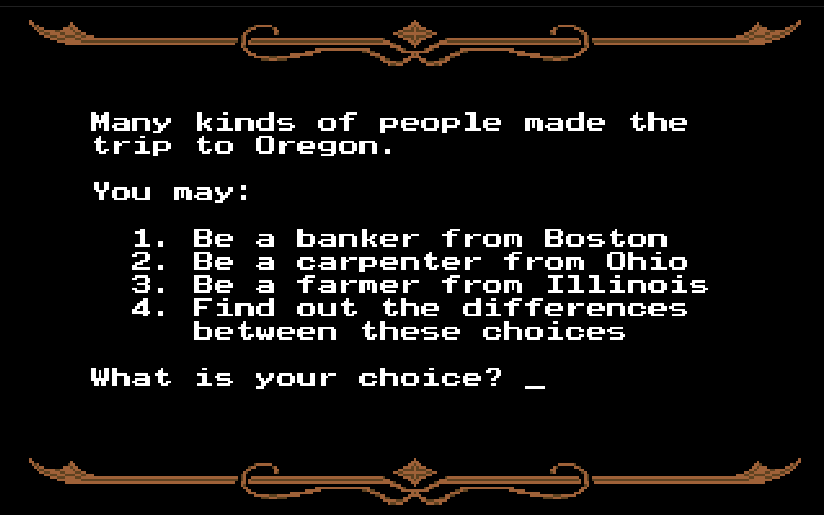


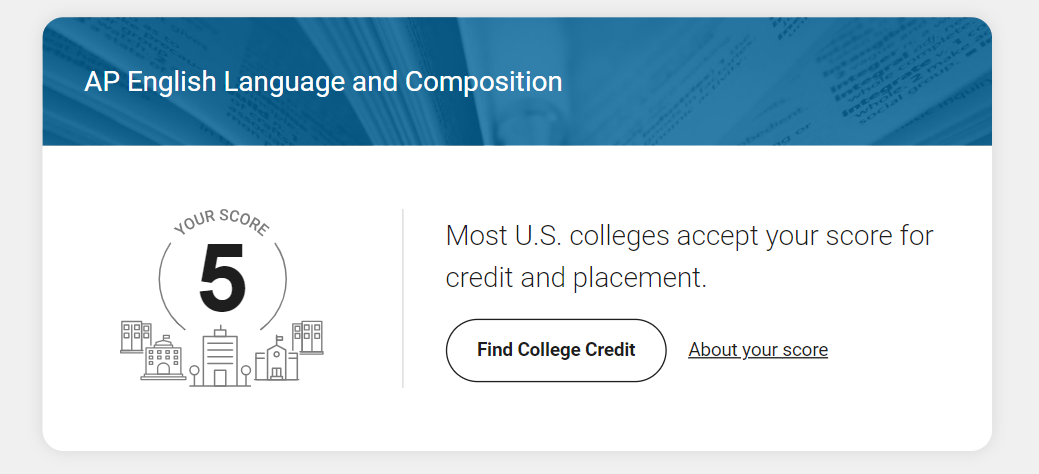


![Two US warships sail back to port for supplies in the eastern Mediterranean. [7]](https://cougardaily.org/wp-content/uploads/2024/02/Picture3.jpg)



